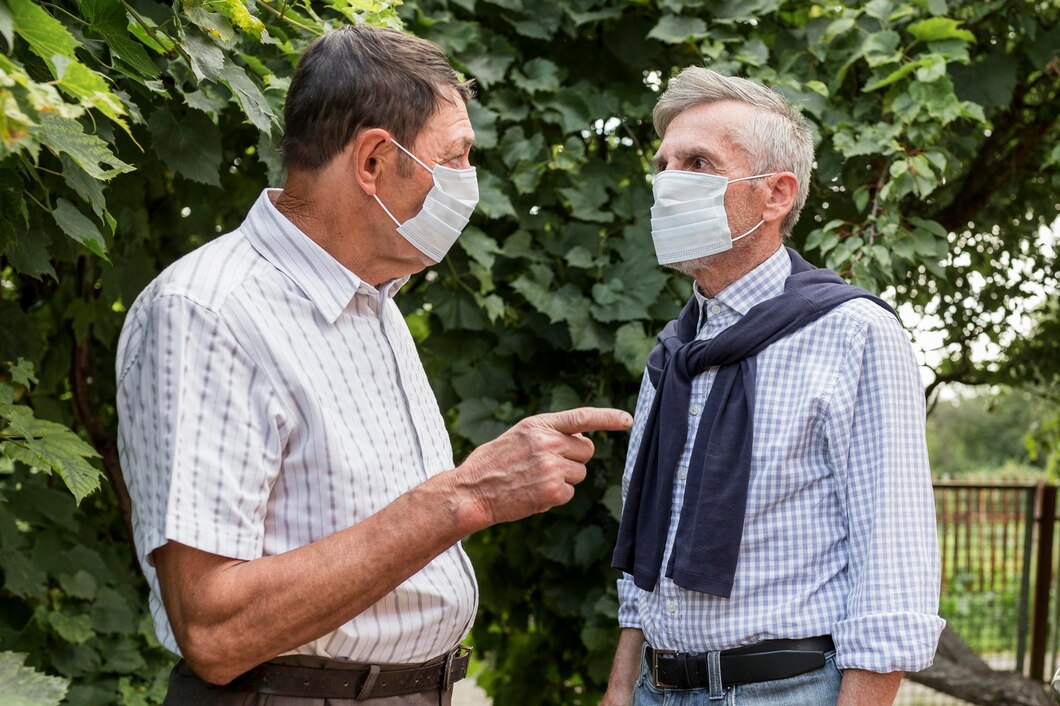Introduction
As our population ages, chronic respiratory conditions like Chronic Obstructive Pulmonary Disease (COPD) and asthma become increasingly common among seniors. Managing these conditions effectively is vital for maintaining the quality of life and overall health of the elderly.
Understanding COPD and Asthma in Seniors
COPD, which includes chronic bronchitis and emphysema, leads to obstructed airflow, making it difficult to breathe. Asthma, a condition characterized by inflammation and narrowing of the airways, can exacerbate these breathing difficulties. Both conditions require diligent management, particularly in older adults.
Prevention and Early Detection
The first step in managing COPD and asthma in seniors is prevention and early detection. Regular health check-ups and lung function tests can help detect these conditions early, allowing for timely intervention. Moreover, reducing exposure to smoke, pollutants, and dust is essential to prevent exacerbations.
Medication Management
Seniors often require a combination of medications to manage their symptoms effectively. Bronchodilators, inhaled steroids, and anti-inflammatory drugs are commonly prescribed to keep airways open and reduce inflammation. Proper medication adherence is crucial, and caregivers can play a significant role in ensuring that seniors take their medications as prescribed.
Lifestyle Modifications
Lifestyle changes can greatly impact the management of COPD and asthma. Encouraging seniors to lead a healthy lifestyle involves:
- Quit Smoking: Smoking cessation is critical, as smoking is a primary cause of COPD and can worsen asthma symptoms.
- Exercise: Regular, moderate exercise can improve cardiovascular health and lung capacity. Activities like walking, yoga, or swimming are beneficial.
- Diet: A balanced diet rich in antioxidants can support respiratory health. Foods high in vitamins C and E, zinc, and omega-3 fatty acids are particularly beneficial.
- Home Environment: Ensuring a dust-free, smoke-free, and pet fur-free home can reduce asthma triggers and COPD exacerbations.
Coping Strategies for Seniors
Dealing with chronic conditions like COPD and asthma can be stressful. Seniors benefit from learning breathing exercises and relaxation techniques to manage anxiety and improve lung function. Support groups and pulmonary rehabilitation programs offer valuable resources for emotional support and practical advice.
For further reading, consider exploring the Benefits of Health Monitoring Devices for the Elderly and Effective Pain Relief Strategies for the Elderly.
Conclusion
Effective management of COPD and asthma is possible through a comprehensive approach encompassing prevention, proper medication, lifestyle changes, and coping strategies. These measures can significantly enhance the quality of life for seniors, allowing them to breathe easier and enjoy their golden years with fewer health concerns.




